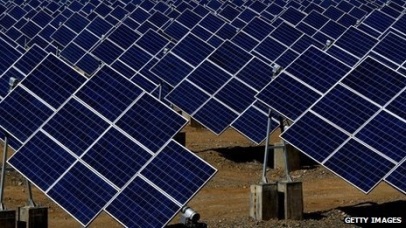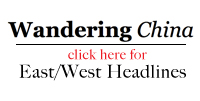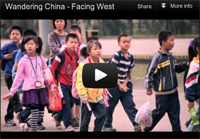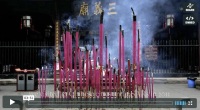A free market on whose terms – is this really a fruitful solution or does it simply carve out more finely the edges to the us and them narrative.
This kills off a Chinese pet project in one flex of foreign and economic policy, one the Chinese state has been happy to fund and use as the spear tip in their economic incursions abroad.
They thought wrong about what the world wanted.
In their minds, value and efficiency were probably paramount, thinning margins no barrier to demands from markets in the West. Famously, only one dollar goes out if every Levi’s jeans made goes to the worker, and little more to the factory.
The authors of the free market are not prepared to truly shake its center and make it competitive globally. it seems demarcation by regionalism is the new cool in the semantic range of what free means. Of course it pleases business as it restores margins designed to feed an expected and established standard of living.
The Chinese now know there is divergence in consensus across the notion of global village, despite economic interdependence as a big player in global production networks – – – what free market means to them is little more than subtext to hypocrisy now. Despite bailing out Europe more than once and financing growth by sheer Chinese demand in so many areas, this is their reply.
In one act of posturing, the West gains an upper hand as it nips away at the supply carts of the Chinese green technology vanguard.
One thing is for sure as to what the Chinese will not do. Especially in this day and age.
They will react.
But, it is easy to hide intent behind words. Some taunting outside the walls of the foe’s gates will probably suffice now.
For more, see…
The US and the EU are clearly redefining their economic strategy, trying to defend their energy companies from Chinese competition. But some European partners seem uncertain what to do.
Germany won’t accept losing significant trade with China, and even Washington’s closest European ally, Britain, is worried about the consequences of these possible measures against China.
The EU Commission doesn’t seem to be really interested in the first two aims of renewable sources, environmental protection and energy diversification, but just willing to boycott Chinese production through an alliance with US. All these point to an old question: Is the “free market” really free?
Sino-EU solar trade war is lose-lose choice By Andrea Fais
Global Times OP-ED , June 4, 2013
– – –
China solar panel duties imposed by EU
Andrew Walker
Source – BBC, published 4 June 2013
Analysis
BBC World Service Economics correspondent
How likely is a trade war? China is certainly angry about the tariffs and there is a lot of trade at stake – 21bn euros worth in 2011, according to the European Commission. But anti-dumping actions are an everyday feature of the global trade landscape. There has been an average of more than 200 a year. They are perfectly legal under World Trade Organisation (WTO) rules, provided they follow the WTO’s procedures. Indeed China is a fairly big user of anti-dumping actions itself. The European Commission’s plan to start the anti-dumping duty tariff relatively low, and then increase it later, looks like a negotiating tactic. If the Chinese firms were prepared to undertake to charge a sufficiently higher price, the Commission could accept that. The duties are provisional at this stage and they could be removed if the EU countries decide to do so in December. That is a possibility. So the heat is on now, but there are still opportunities to extinguish the trade fires.
Andrew Walker

The anti-dumping case is the biggest undertaken by the European Commission
The European Commission has announced it is imposing temporary anti-dumping levies on Chinese solar panel imports.
It comes despite opposition from Germany and other European Union members, and amid fears it could spark a trade war.
Please click here to read the full article at the BBC website.
Read the rest of this entry »
Filed under: BBC, Beijing Consensus, Charm Offensive, Chinese Model, Climate Change, Culture, Democracy, Domestic Growth, Economics, Education, Environment, Europe, European Union, Finance, Foreign aid, Government & Policy, Green China, Ideology, Influence, International Relations, Law, Mapping Feelings, Modernisation, Nationalism, Peaceful Development, Politics, Public Diplomacy, Reform, Resources, Soft Power, Solar, Strategy, Tao Guang Yang Hui (韬光养晦), The Chinese Identity, The construction of Chinese and Non-Chinese identities, Trade, U.S.















The Sharing Circle